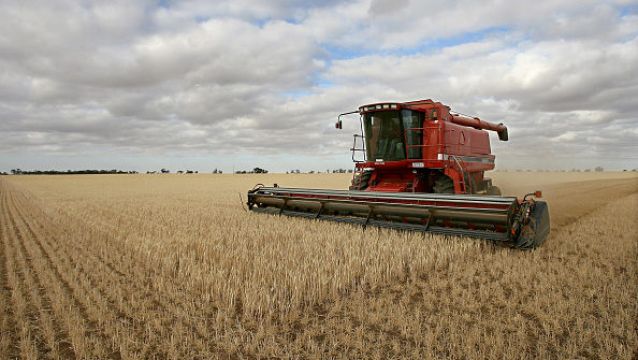If the planting of spring crops “goes late” there could be a knock-on impact on the sector, Teagasc’s director of knowledge Stan Lalor has warned.
Speaking on RTÉ radio’s Morning Ireland, Mr Lalor said Teagasc would ensure supports are in place to help farmers.
There will be big challenges for individual farmers, he said, but every effort will be made to connect farmers with others who have fodder and may be in a position to help secure supply.
The National Fodder and Food Security Committee (NFFSC) will meet on Tuesday to discuss the ongoing response to the issues presented by the recent bad weather.
Mr Lalor pointed out that the group is “industry wide”, involving farming organisations, processors, suppliers and financial institutions.
He added the committee could organise a fodder helpline for farmers looking for advice, but it could also set up a fodder register through Teagasc’s local advisory offices, so it will be known what fodder is available and where it is available.
“Today's meeting is really about looking at the extensive supports that are available.
“We have a very strong tradition in this industry, in agriculture and in farming, in terms of supporting each other, working together. This is a good example of how that needs to work effectively,” Mr Lalor said.
A very small proportion of work had been completed in relation to spring cropping, he said, adding that specialists from Teagasc have estimated that it could take up to a week of dry weather to catch up with the work that ought to have been completed by this point.
He said the advice to farmers is to look across their farm and find the drier areas which could be targeted to start sowing.
Mr Lalor added that big decisions will also need to be made in relation to cropping plans for the year ahead.
“It's getting late now for many crops, and we're there to support farmers in terms of the decisions around [whether it is] too late for a crop.
“Also, looking to the summer ahead, when crop planting goes late, that has a knock-on impact on workload or for farmers and contractors through the summer, and also into the harvest as well.
“We're looking at all of those factors and trying to help farmers with those individual decisions,” Mr Lalor said.







